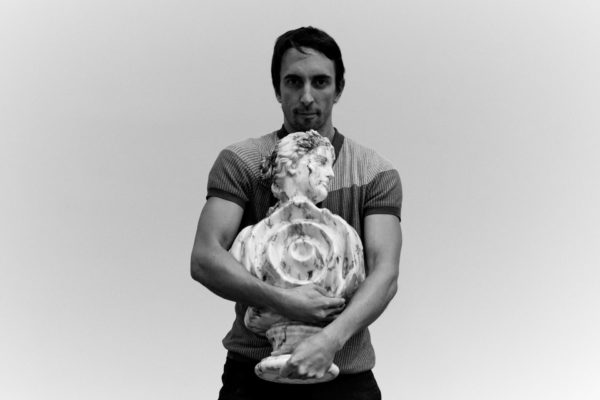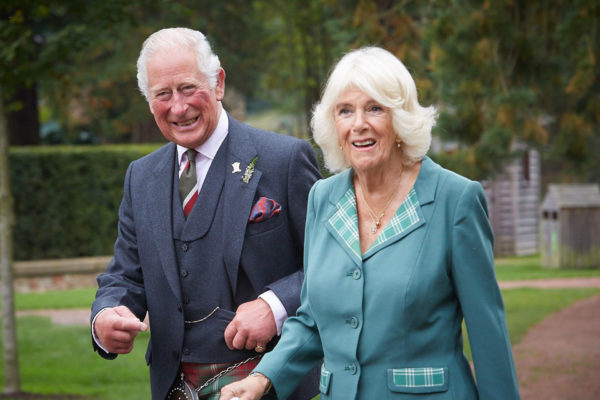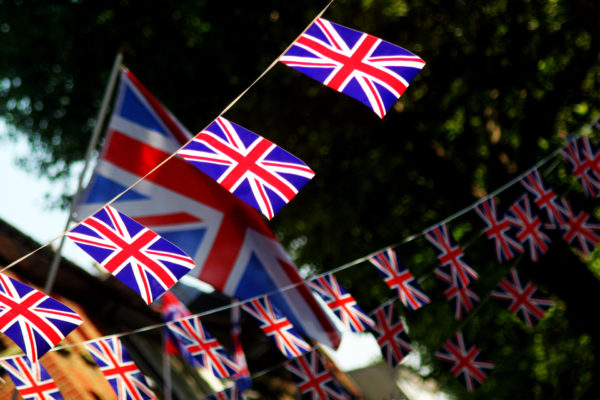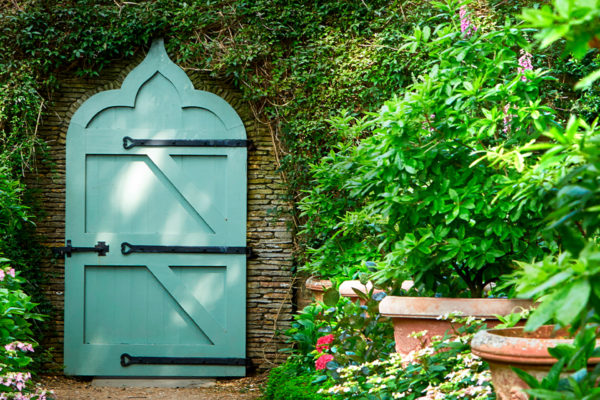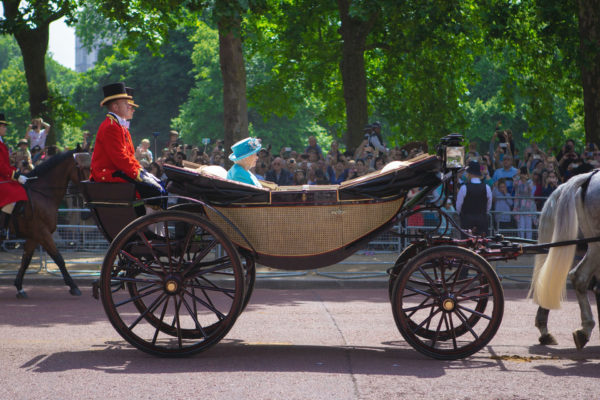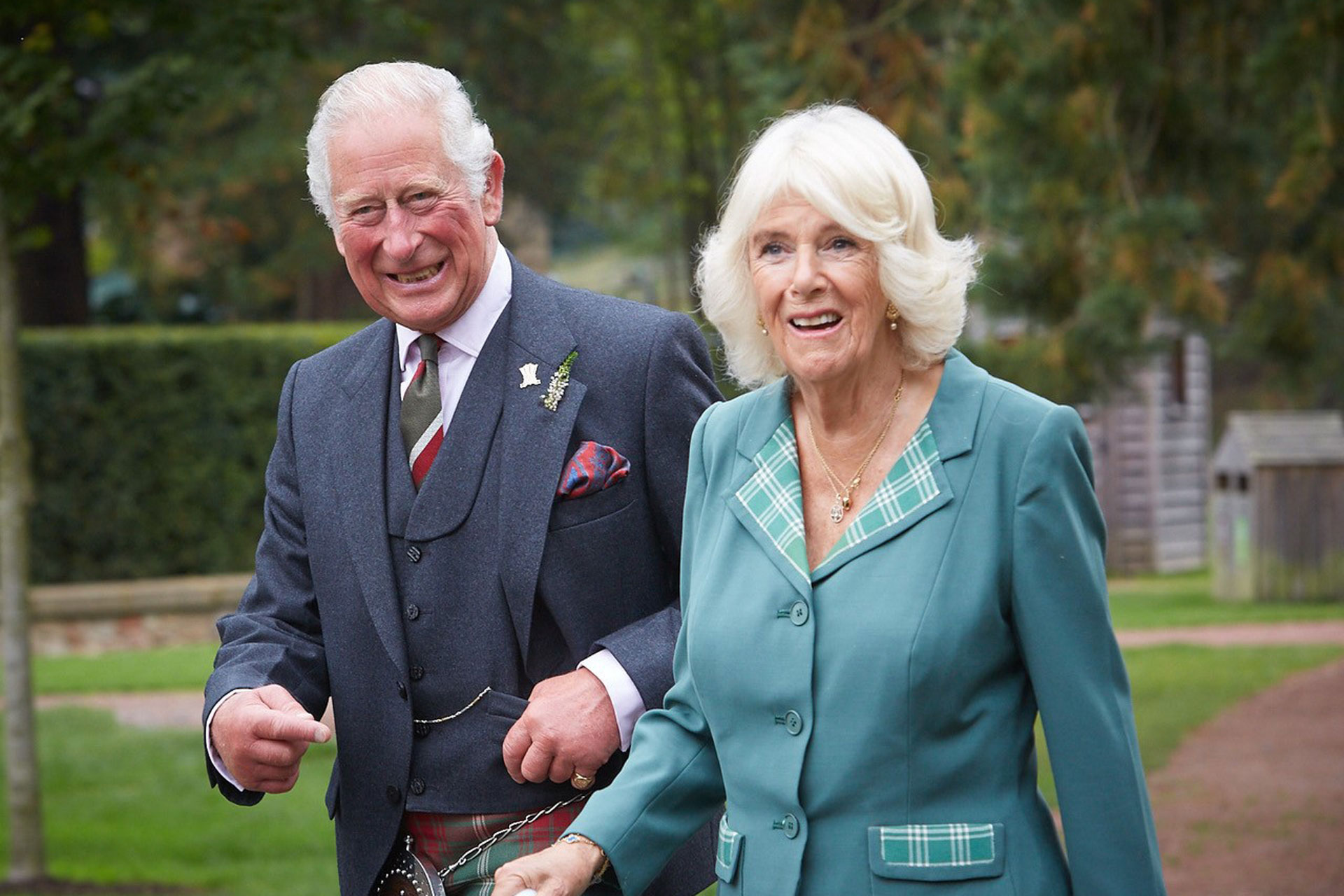
- HOME
- CULTURE
6 Things King Charles Has Done For The Environment
How is the King flying the flag for sustainability?
By | 5 months ago
Back in 1969, the young Prince of Wales wrote a letter to Prime Minister Harold Wilson about the decline of salmon stocks in the Scottish rivers. ‘People are notoriously short-sighted when it comes to questions of wildlife,’ he wrote. This set the precedent for many decades of environmental campaigning. During his time as a Prince, King Charles used his position to champion positive change, spearheading numerous initiatives for the planet – and most recently standing as a key figure during COP26.
As our monarch, the King is subject to different rules when it comes to showing a political stance – and in his first address to the nation as King, he said: ‘it will no longer be possible for me to give so much of my time and energies to the charities and issues for which I care so deeply’. However, since his Coronation, he has already showed support for a number of green causes. While recent reports that Charles is a ‘stickler for turning the lights off’ and has turned the heating down in his swimming pool might seem like minimal interventions, the King has done a significant amount of work towards raising awareness of the climate crisis and bettering the state of our planet. Here, we look back on six things the King has done for the environment throughout his life so far.
6 Things King Charles Has Done For the Environment

1. Launching The Sustainable Markets Initiative
In 2020, Prince Charles established the Sustainable Markets Initiative, aiming to kickstart action towards a greener future, encouraging the private sector to accelerate their efforts. Now, more than 500 CEOs are part of the initiative, including the heads of some of the world’s biggest financial institutions. This means they have signed up to the SMI’s ‘Terra Carta’ pledges. This August, the SMI announced The Terra Carta Action Forum, a two-day event which will bring together leaders from the public and private sectors, tying in with the World Leaders Summit.
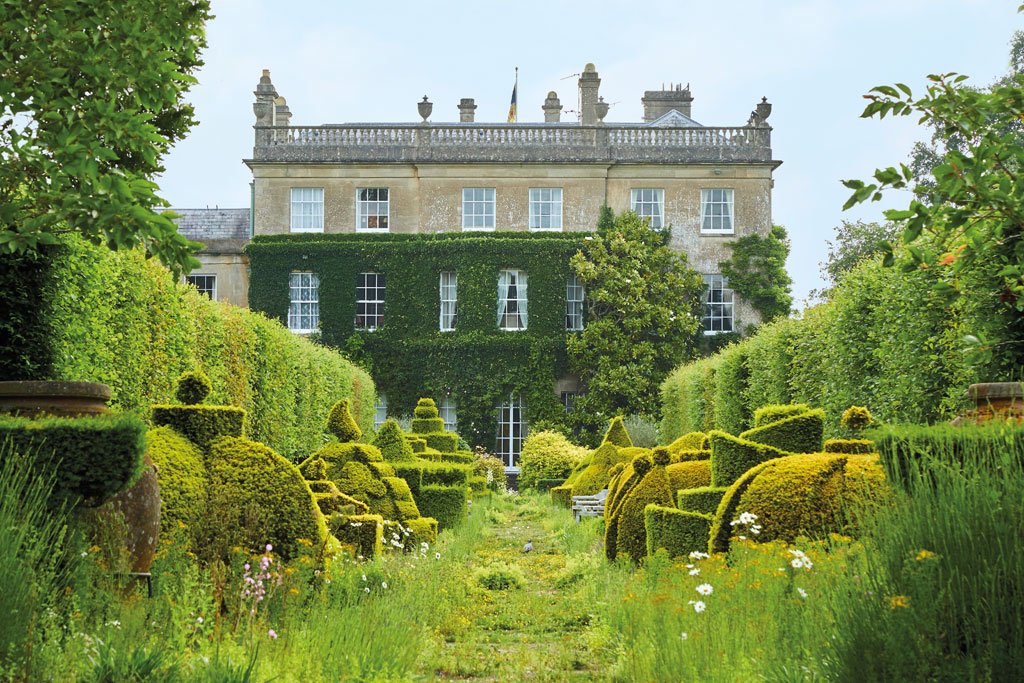
Robert Smith Photography
2. Creating An Organic Garden At Highgrove
Back in the 1980s, Charles began transforming Highgrove, his Gloucestershire estate, into an organic haven. Some neighbouring farmers were initially sceptical, but it was a success, gradually becoming a business called Duchy Organic, which sells its produce in Waitrose. All profits go towards charitable causes via the King’s own foundation.
3. Reducing His Personal Carbon Footprint
As well as launching large-scale initiatives, Charles has made personal changes to reduce his environmental impact – and not just by turning down the heating in his swimming pool. At COP26, he outlined some recent swaps he had made, including switching the heating of Birkhall to biomass boilers and installing solar panels at Clarence House. He also revealed, interestingly, that he had his Aston Martin converted to run on bioethanol made from cheese and wine.

(c) Anastasia Zhenina, Unsplash
4. Being Patron Of The Campaign For Wool
As the Prince of Wales, Charles also helped launch the Campaign for Wool initiative, of which he is the patron. Its mission is to educate consumers about the benefits of wool, a material which biodegrades naturally, meaning it doesn’t accumulate in landfill and oceans. Events culminate in the annual Wool Week, which engages customers in all things wool through a mix of activities spanning interiors, fashion and design.
5. Rejecting £32 Million Windfall From Windfarm Profits
Headlines earlier this year reported King Charles III rejecting a £32 million pay rise, asking for his windfarm profits to be invested in ‘wider public good’. But what does it all mean?
Well, the ‘pay rise’ is actually due to the Crown Estate’s newly revealed record profits of nearly £443 million. The £16 billion portfolio of assets ranges from the lofty, Monopoly heights of property on Regent Street down to the depths of the UK’s seabed. Interestingly, the latter has more to do with profit than you might expect: the Crown Estate announced earlier this year that it had secured a £1 billion deal to sell six licences for new wind energy projects off the UK coast, specifically off the coasts of North Wales, Cumbria, Lancashire, Yorkshire and Lincolnshire.
This is great news for the UK’s climate targets, but even better news for the estate’s economic margins it seems. In a report published this morning (29 June 2023), the Crown Estate confirms that the £129.9 million increase in profit (compared to last year) ‘primarily reflects option fee income from the signing of Agreements for Lease for six offshore wind farms through the Round 4 leasing programme and revenue resilience in its other lines of business’. In layman’s terms, selling those windfarm licences has led to a large windfall for the Crown Estate.
So, what does the King have to do with this? Under the Sovereign Grant System, Charles is entitled to 25 percent of the Crown Estate’s annual surplus profits, which are paid to the Treasury and otherwise fund the public. But when the sale of the offshore windfarms was announced at the start of the year, Charles rejected benefiting from that surplus, and requested the profits ‘be directed for wider public good’. This means that Charles said ‘no thank you’ to a major pay rise, before knowing how much he was in line to receive. This figure is now being reported in excess of £30 million.
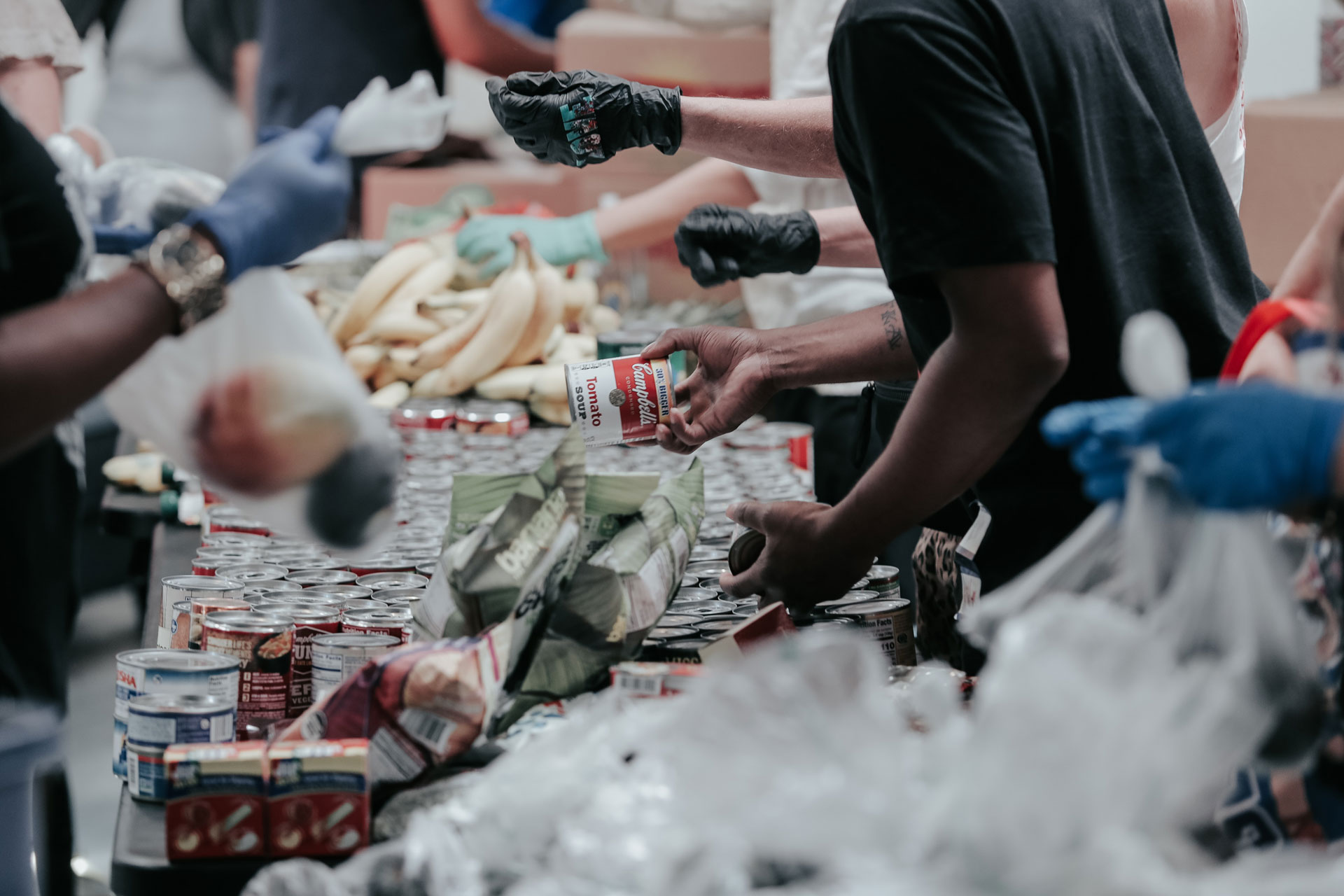
6. Launching The Coronation Food Project
To tie in with his 75th birthday celebrations, King Charles has launched The Coronation Food Project, a new campaign to tackle issues of food waste and poverty. Running in partnership with charities the Felix Project and FareShare, this will see eight new hubs created across the UK to help redistribute items to food banks and community kitchens. In the initial phase of the project, food hubs will arrive in London, Liverpool, Glasgow and Northern Ireland – with future plans to launch bases in Cardiff, Leeds, Birmingham and Milton Keynes.




